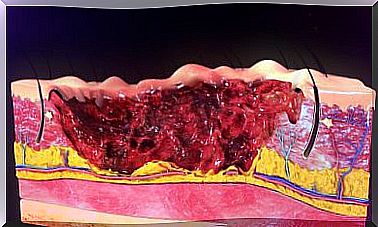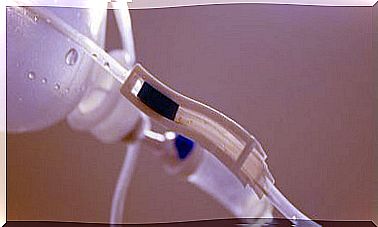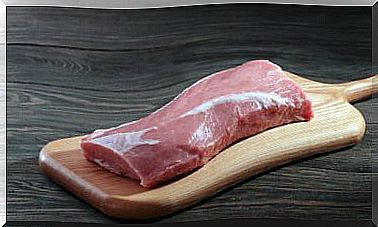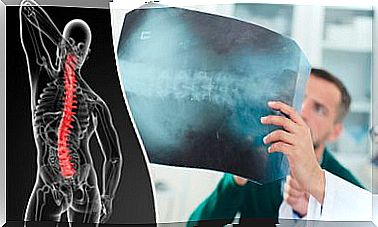What Happens When The Neck Creaks?
Cracking the neck is a common habit to observe. But what happens when the neck creaks? Is it good to do this? We are going to review what is known about it and what advice the specialists give on the subject.
Cracking the neck can create a sensation of pressure release or stiffness felt in the cervical area. But it is not uncommon to observe that what began as an attempt to reduce tension in the area, turns into a kind of tic that ends up being harmful.
The neck that creaks
The neck is an area of the body that can cause us problems at some point in life. It is estimated that 20% of adults will experience pain or tension in this area.
Some of the symptoms that usually appear, among others, are the following:
- Dolores.
- Feeling of tension
- Limitation and pain with head movements.
- Crackle to movement.
- Numbness or weakness in upper limbs.
Often times, neck tension can lead to headaches and, on some occasions, can turn into chronic pain, both in the neck and in the head.
The causes that cause pain or tension in the cervical area, whether we are talking about acute or chronic pain, are many, although most of them are benign. The most common cause in adults is cervical osteoarthrosis, typical of normal aging of the joints.
In addition, it must be added that there are other factors that contribute to promoting muscle tension and worsening symptoms. Some of these are as follows:
- The stress of daily life.
- To live a sedentary lifestyle.
- Bad postures.
- Bad sleeping habits.

It is essential to teach the patient the benefits of good postural hygiene to create habits that protect all body joints, not limited to only the cervical region.
The objective of the treatment of neck pain, by specialists, can be summarized in three main points:
- Minimize muscle contracture in the area.
- Maximize the functionality of the cervical region.
- Decrease pain.
What Causes Neck Crackle?
On the one hand, small creaks when moving the head normally may be due to osteoarthritis. In this case they do not cause problems.
On the other hand, when we talk about cracking the neck abruptly in order to relieve tension, the most widely accepted theory is called the cavitation mechanism. But what is it that produces the sound or creak?
When the neck or other part of the body is cracked, the capsules around the joint stretch. These capsules contain fluid, and when stretched, it puts less pressure on the joint.
As the pressure decreases, the liquids turn into gas. When this transformation occurs, joint noise or creaking is generated. This mechanism is reproduced, in general, with maximum or sudden movements of the joints. Let’s see if this can do any harm.
Is cracking the neck beneficial or can it bring risks?
The first thing we will say is that it is not advisable to make sudden movements or bring a joint to the top of its movement as a habit or constantly. However, this is different if it is done by the physical therapist.
Doing it yourself, in a forced or incorrect way, can cause harm and a greater need to repeat the habit. For this reason, it is discouraged.
What damage can be caused when the neck creaks?
Some of the main damages that can occur are the following:
- Pinching of a nerve root.
- Tear of a blood vessel and risk of stroke.
- Muscle tension or contracture.
- It favors osteoarthrosis.
What should we do if there is cervical tension?
As a conclusion we will say that you should avoid cracking your neck yourself through a sudden or maximum movement of it. This act is bad for the health of the vertebrae.
Although it seems to generate tension relief in the area, the only thing that is achieved is to create a bad habit that will be repeated and will produce more problems than solutions.
Given the need to release tension or the presence of cervical pain, it is advisable to consult a specialist.









